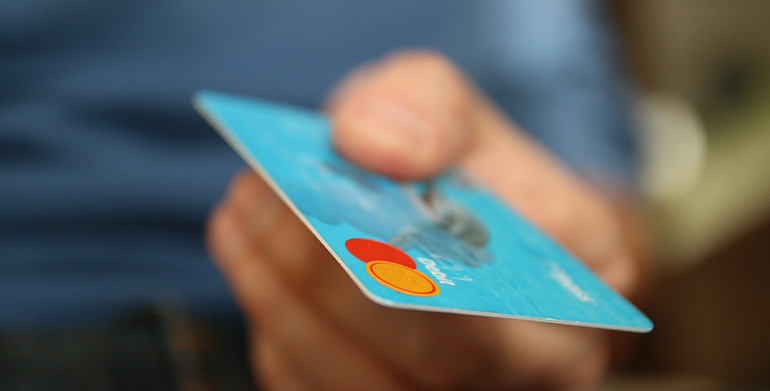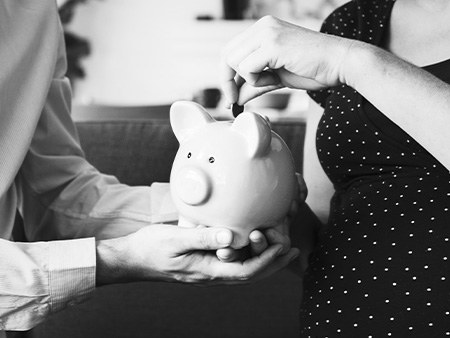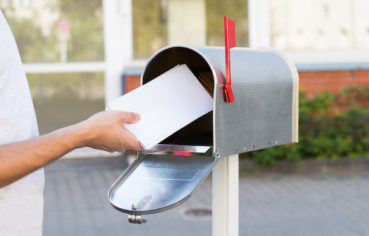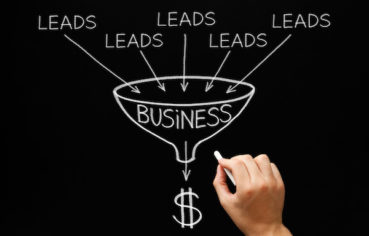Are These Habits Draining Your Bank Account?

Regardless of how much money you’ve got in your bank account, there may be some things you’re doing or not doing that could be sinking money down the drain. These days, it’s super easy to spend money with conveniences like online shopping, auto subscriptions, and debit cards. If you’re not careful, you could find yourself draining your bank account.
The following are common habits that you can avoid, and therefore, improve your financial health:
1. Impulsive Spending
Ever make that impulse purchase and regret it later? Chances are, you have. However, you don’t have to make a habit of it. A great way to avoid impulse spending is to:
- Avoid going to shopping centers when you’re not needing to purchase anything.
- Avoid the grocery store when you’re hungry or extra tired, as people tend to purchase more when they are.
- Make a list of what you need and follow it.
- Think about purchases before you hand over your money. Do you really need the item? Are you sure? Be honest with yourself.
- Stay out of the aisles or parts of the stores that tempt you.
2. Credit Card Shopping
Financial experts state that far too many households run up credit card debt for one reason or another. They may have the best of intentions when making purchases, but don’t realize that over time they add up, and the interest payments drain their bank account fast.

Commit to saying no to credit card spending and instead, save up money to buy those things you need. Unless you’re highly disciplined with staying in your budget and paying off credit card bills in their entirety when they come in, be careful when it comes to using plastic. If you’re out of control, cut those credit cards up until you learn how to handle your finances more responsibly.
3. Spending Small Amounts Consistently
You might not realize how much small costs add up. For example, let’s say you spend $49 per month for the gym membership, $29 for the music subscription, and $30 for several television streaming apps. That’s $108 per month. If you’re not using those subscriptions, those costs are draining your bank account.
Make a list of all the little monthly costs you have coming out of your bank account. Evaluate which ones you’re really using and/or need. The ones you can let go of, take the time to cancel them.
4. No Emergency Fund
Do you have a “rainy day” fund? Saving for emergencies is advice that every financial expert will give you, but you’d be surprised at how many people have very little cash reserves for emergencies. How can not having this fund drain your bank account? If you have an emergency and don’t have cash, you’ll be forced to use your credit card or borrow money, which can cost you more money in the long run.
5. Paying Others Before You
Sure, paying your bills is important, but if you pay yourself last, you’re likely missing out on saving some money. For example, let’s say you pay all of your bills on the 1st of the month, and then you tell yourself that you’ll stick whatever’s left at the end of the month into your savings account. This sounds great, but oftentimes what happens is people overspend through the month and have little or no money left to pay their savings account come the end of the month.
To avoid this, pay yourself first. Whether you set aside a percentage, or the same dollar amount each pay period, put that money toward your nest egg first. Then pay all your bills! If you do this consistently, you’ll always be growing your savings account.
Do any of these habits have a hold on you? If so, make a fresh commitment today to breaking those negative habits and replacing them with positive ones. Making wise financial decisions and saving money takes discipline, practice, and consistency, and I firmly believe you’ve got those traits!


